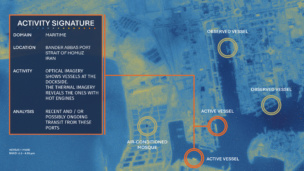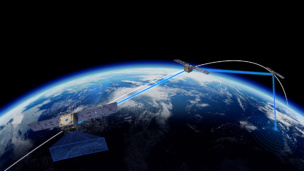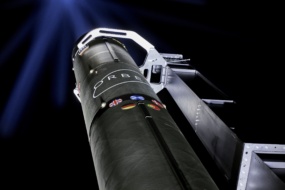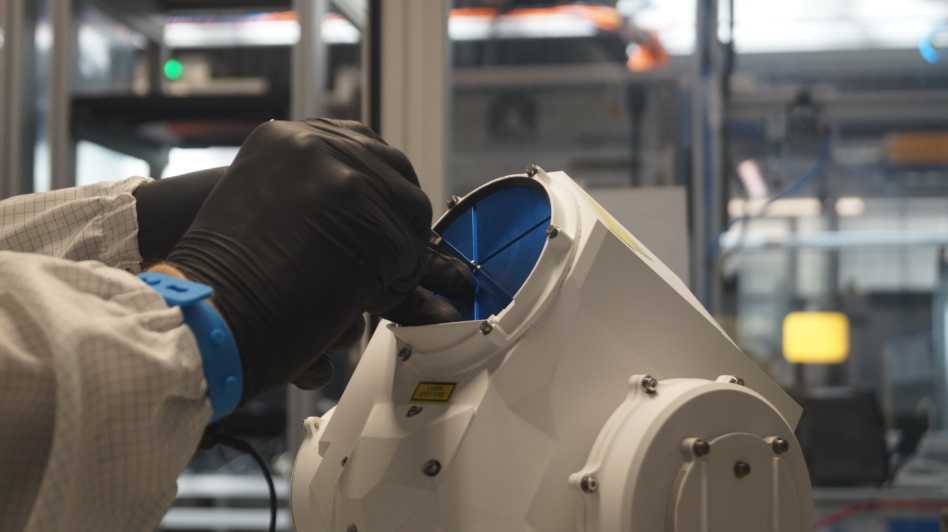News that the UK Space Agency (UKSA) would be folded into the UK Government’s Department of Space, Innovation, and Technology (DSIT) created a stir across the space industry this week.
But as the dust settled from headlines with words like “scrapped” and “cut costs,” industry leaders shared more nuanced views with Payload on what a DSIT-run UKSA might mean for the future of the country’s space ambitions.
The bright side: The overwhelming consensus was that the shift shouldn’t actually cause much of a change.
The UKSA and DSIT share many of the same goals, and consolidating these functions inside the UK government could reasonably bring about the intended effect—streamlining regulatory processes, saving money on redundant functions, and creating a stronger voice for space inside the government.
While semi-independence afforded UKSA some protection from shifting political whims, it also hampered efficiency and created a fractured national vision, Alice Bunn, president of the UK Space Trade Association and a former UKSA official, told Payload.
“If you’re trying to coordinate from an arm’s-length body, it’s very difficult to do that because you just don’t have the heft, you don’t have the leverage, you don’t have the influence,” Bunn said. “You’d hope that this is a catalyst to be moving more quickly because you’ve got fewer people in the chain.”
While young and ambitious, the UKSA was criticized by the National Audit Office last year for falling behind schedule, and failing to align with government ambitions. The hope of some in the industry is that the reorganization will correct these flaws.
“The restructuring…will mean that a streamlined approach to strategy, policy, and funding can be enhanced,” Lewis D’Ambra, Space Forge’s director of policy, told Payload via email. “It means that clear, consistent, and direct engagement with the levers of government—that are crucial in supporting the rapidly changing and growing sector—is readily available.”
The other hand: Industry leaders weren’t entirely aligned on the benefits of the merger, however, with some saying the proximity to government exposes the industry to greater risks.
By losing its independent status, UKSA funds are more tied to political decisions, instead of long-term space goals.
“No longer will the agency have a protected budget. It would just be one of many budgets and departments, and that puts it open to changes in future,” said Jake Geer, UK managing director at Orbit Fab and former UKSA chief of staff.
There’s also a risk that the move could create more bureaucracy—the opposite of the intended goal.
“The real challenge is ensuring that DSIT can meet the expectations of both the public and industry—delivering value for money while acting responsively and decisively,” Anthony Baker, CEO of SatVu, told Payload via email. “Policy must be matched by execution.”
Not far enough: Interestingly, there was a cohort of industry leaders that thought the move could be the start of a strategy to nationalize more independent defense space organizations—ultimately creating a strong voice loud enough to reach 10 Downing Street.
“If anything, I think they could have gone further,” Bunn said. “Obviously, science and innovation and technology is really relevant to space. But equally defense, equally our climate change commitments…equally our security interests, emergency response, civil contingency area, [and] trade.”
Unfortunately for these hopefuls, officials at DSIT confirmed with Payload that “there are no plans to fold other independent space organisations into the new DSIT space unit.” Maybe next administration.





